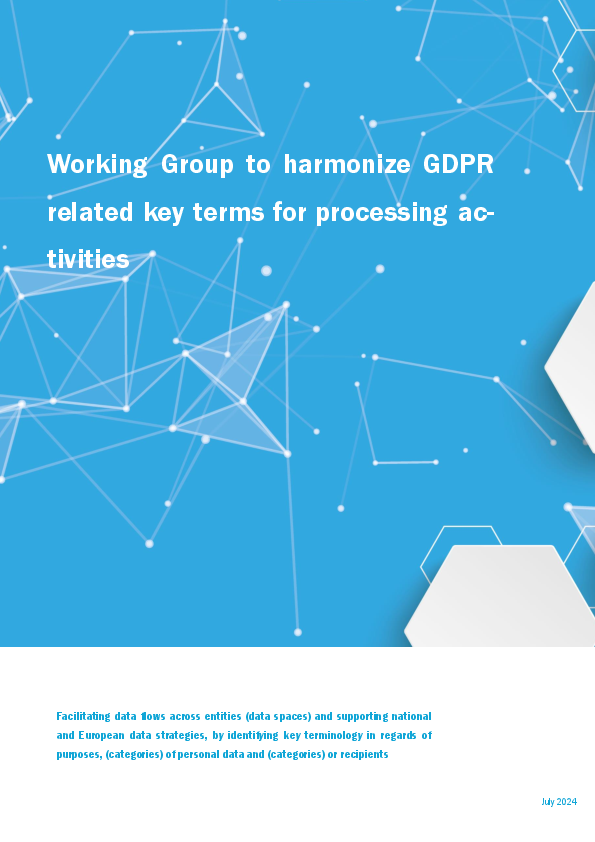Background
Data strategies across Europe are published and updated continuously. Their number is increasing. Any such strategies have a key denominator: facilitating data sharing, overcoming data silos, digitising public sectors, whilst protecting individuals’ rights and upholding control.
Most initiatives focus on technical layers facilitating data exchange. However, any such technical layers find their limitations where the applicable legal framework defines boundaries. E.g., GDPR prevents any data processing for which there is no upfront and exhaustively determined purpose and related legal grounds. Five years since GDPR, private and public sector has established individual approaches on adhering to GDPR requirements. Nonetheless, any such determination is individual to the controller responsible for such data processing. In other words: where strategies impose the overarching objective to enhance data sharing, to increase collaboration, to utilize existing data for the good of society.
The working group's approach
GDPR allows for Codes of Conduct, facilitating the implementation of GDPR’s provisions. Codes of Conduct – once being approved by authorities – particularize GDPR alongside a legally binding effect. Subsequently, any party adherent to such Code of Conduct can be assured that their activities are not in conflict with GDPR.
To facilitate data sharing, a common understanding of some key terms is required, which should be easily recognisable. Such terminology probably relates to aspects such as processing purposes, (categories of) personal data and (categories of) recipients of personal data.
While the general aspects are considered easy to be determined, defining a common definition of such terms requires significant efforts. Such efforts will require the involvement of multiple stakeholders across Europe. At best, such a common understanding will evolve internationally, as both data spaces and industry are not limited to European-wide sharing, especially in the context of research activities.
Alongside the material development, the consequences of a Code of Conduct must be evaluated. Such a Code of Conduct must uphold potentials for innovation and individual approaches. The Code of Conduct shall allow stakeholders to follow the common definitions, where it is deemed advantageous. Where stakeholders prefer other approaches and definitions as more suitable, stakeholders must remain the possibility of any such individual approach.
For in-depth information on the working group read the concept paper.
As SRIW-Member
- Voting members: You are entitled to send as many experts and representatives as deemed useful. Nonetheless, the principle of one vote per member remains.
- Regarding non-voting/Project members: You are entitled to send representatives, without voting rights.
As Guests/Third Parties (Non-Member)
We are striving for high quality results and broad market adoption. Consequently, this working group is open for Guests/Third Parties. Non-Members are provided the opportunity to join and contribute their expertise, subject to an administrative fee.
